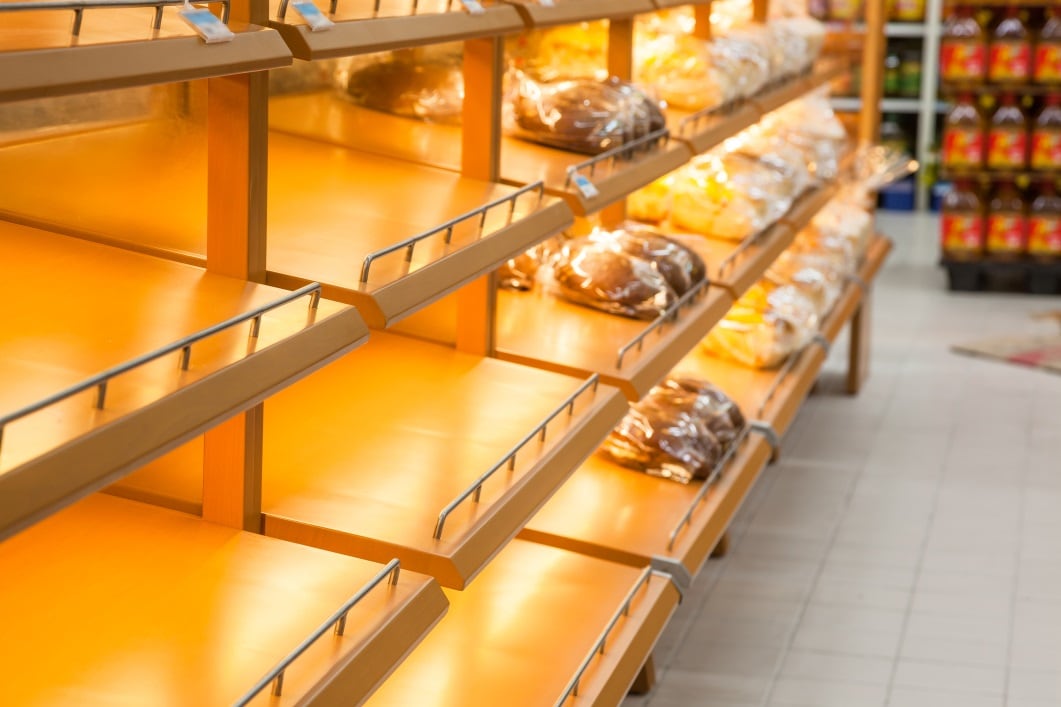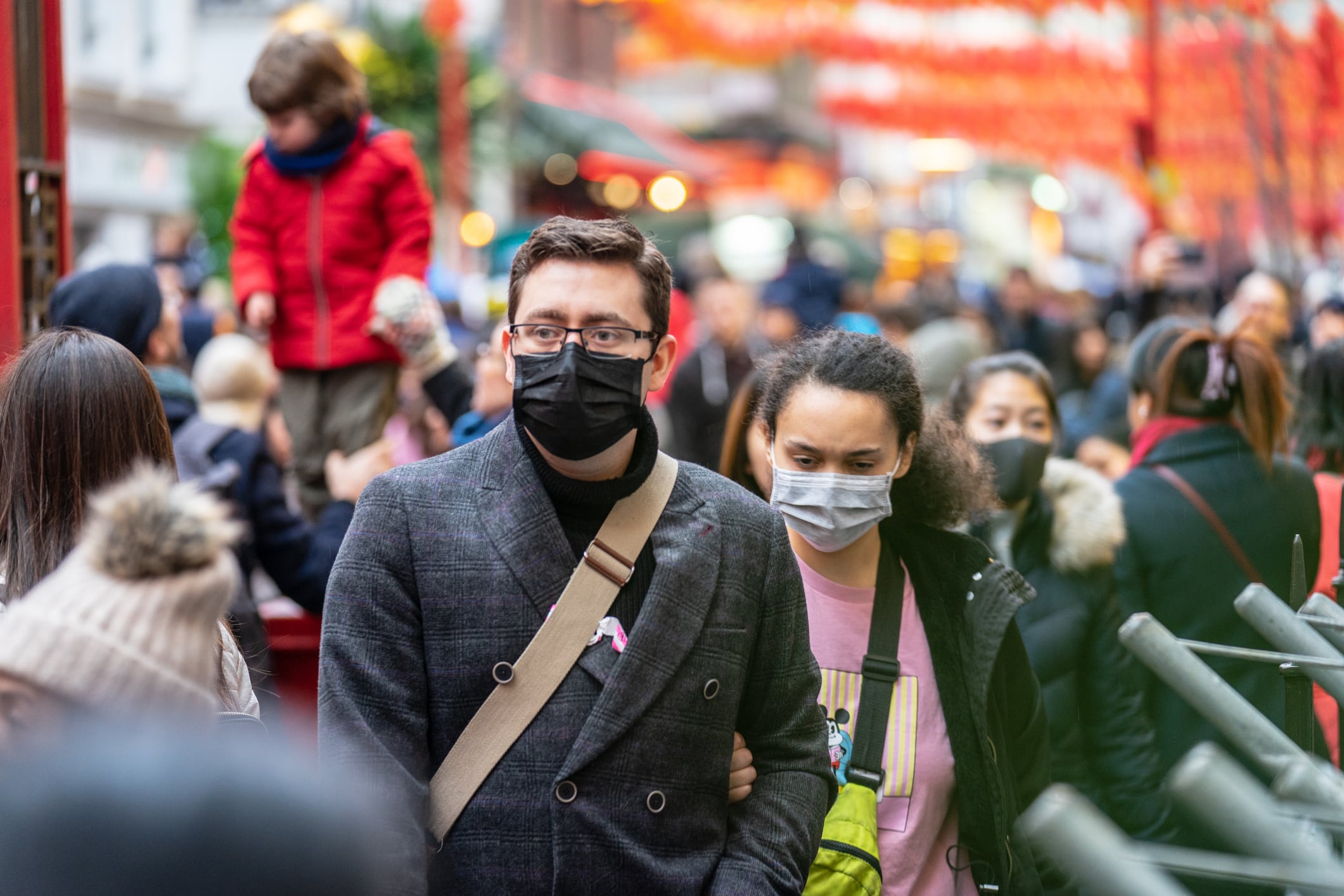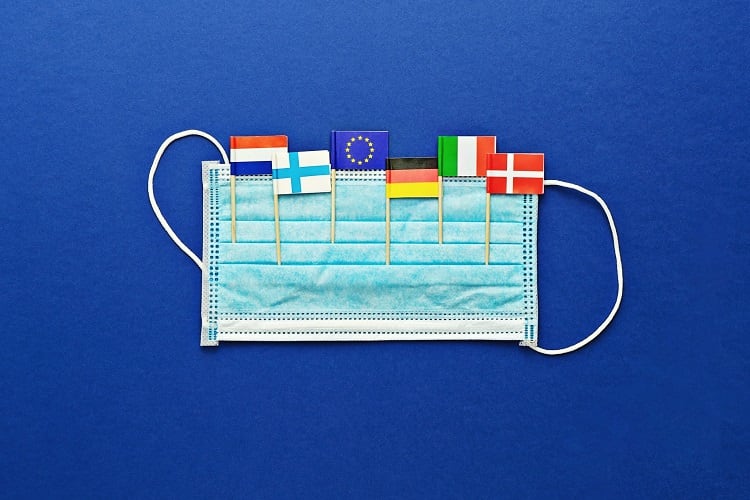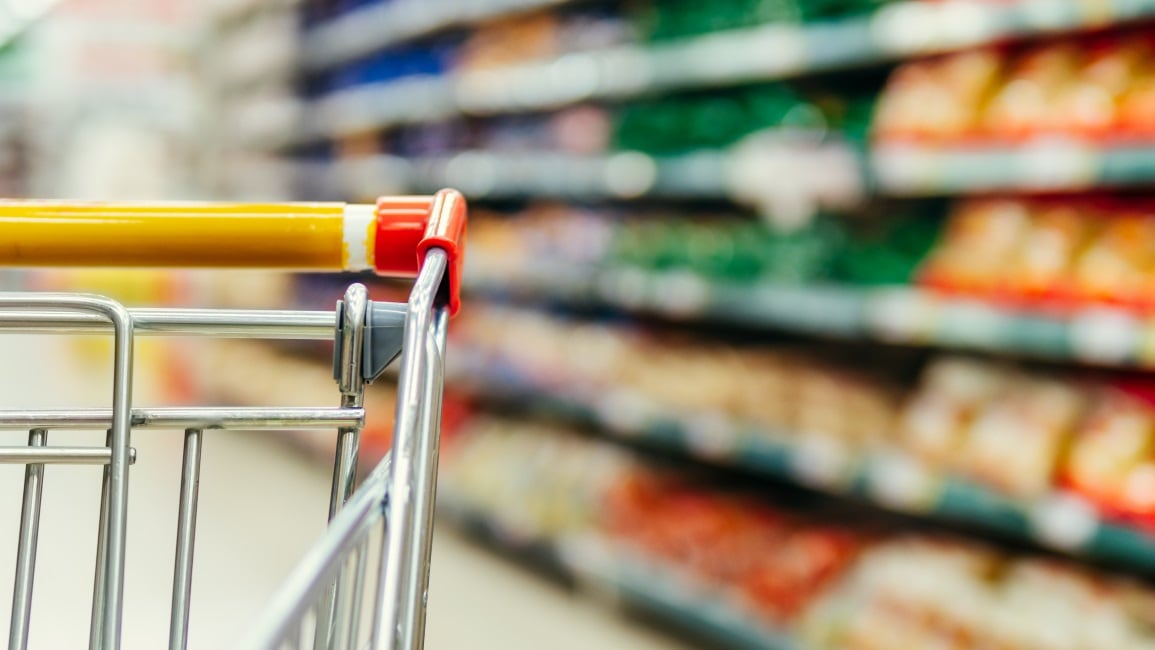According to the World Health Organization’s (WHO) latest situation report, Europe is now the epicentre of the ongoing COVID-19 outbreak. The region accounted for 80% of new cases in the most recent update, although the spread of the virus is uneven with the top four countries (Italy, Spain, France and Germany) accounting for around 80% of Europe’s case burden.
Various European countries have now introduced social distancing and isolation measures in a bid to slow the spread of the virus – with schools, universities and restaurants being closed in multiple countries.
Widespread fear that coronavirus will disrupt daily life in Europe has prompted many consumers to ‘panic buy’ by stocking up on long-life staples like rice and pasta, as well as – of course – toilet roll. The massive jump in demand has resulted in long lines at the checkout and shortages on shelf. But European governments, retailers and food makers are insistent that there is enough capacity in the system to cope.
Spain: ‘We call for calm’
Growing demand for food in supermarkets due to COVID-19 prompted several Spanish industry associations to seek to reassure their customers.
In a joint letter to the media, the Spanish Association of Distributors and Supermarkets (ASEDAS), the National Association of Large Distribution Companies (ANGED) and AECOC - Association of Manufacturers and Distributors Companies – called for calm.
The industry representatives insisted that Spain benefits from a well-developed system of logistics platforms that serve a stores network of more than 24,300 outlets across the country. In Spain, they noted, there is one food store per 840 consumers.
The ‘proximity’ of food shops to where people live means that the country’s retailers are ‘prepared to serve the population in extraordinary circumstances’, general director of ASEDAS Ignacio García Magarzo insisted.
The country’s distribution system is currently adapting its logistical infrastructure to ensure an adequate food supply for the influx of consumers. However, the message again is that panic buying – rather than COVID-19 itself – is the real threat to security of supplies.
“The great capillary of supermarkets and other establishments in all areas of Spain, the efficiency of their logistics platforms and the commitment of their workers, who are once again acting in an exemplary manner, ensure that consumers have guaranteed food supplies and staple products,” Magarzo said.
“We call for calm and not to unnecessarily store food.”
Germany: ‘There is enough for everyone’

In an address delivered on World Consumer Day yesterday (15 March), Germany’s food and agriculture minister Julia Klöckner issued an appeal for consumers to restrain from panic buying. Linking to the theme of this year’s World Consumer Day – sustainable consumption – Klöckner urged ‘solidarity’ and ‘moderation’ and suggested that ‘hamster’ purchases (as the German’s describe stockpiling) will contribute to increased levels of food waste.
Admitting that concerns over the impact of coronavirus are understandable, the German agriculture head argued panic buying is an unnecessary additional strain on the system.
“We currently have no supply shortages in Germany. I therefore appeal to the citizens to stock up… with care, a sense of proportion and prudence. Then there is enough available for everyone [and] the shelves will be replenished promptly.”
France: ‘There is no shortage’
The consumer reaction to COVID-19 has also placed the food system under pressure in France, prompting a political reaction.
Bruno Le Maire, Minister of Economy and Finance, and Didier Guillaume, Minister of Agriculture and Food, held a meeting with representatives of the agri-food sector yesterday which was followed up by a press conference to provide an update on food supply.
Speaking to journalists, Le Maire insisted: “There is no shortage”.
According to the Finance Minister, 90-95% of food SKUs remain available in store – although the availability of some brands may be impacted.
The supply of ‘food and basic necessities’ is ‘guaranteed’ he stated. “That will continue to be [the situation] in the days and weeks to come.”
The Ministers said that no rationing is currently planned but urged people to be ‘responsible’ in their shopping decisions.
Nevertheless, while the Government’s messaging remained calm and measured, there was an acceptance that the food chain will face tougher tests still, with between 25-35% of employees expected to have to stay home to look after children while the schools are closed.
The authorities said they are looking at measures to loosen recruitment and night-working regulations.
Italy: ‘Buy local’ to support safe food supplies
Italy is currently the European country worst-hit by coronavirus. The nation is on full lockdown as the total of people who have died from COVID-19 surges to 1,809.
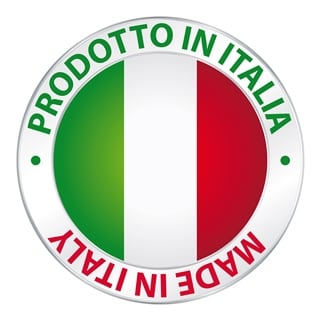
However, the food sector here is quick to emphasise that 3m people continue to work in the supply chain to guarantee food continues to reach people around the country. According to an analysis from industry association Coldiretti, this figure spans farmers, logistics and transport and supermarkets.
“Food supply is ensured in Italy thanks to the work of 740,000 farms, 70,000 food processing companies and a widespread distribution network between shops, supermarkets, discount stores and farmers' markets,” Coldiretti stated.
But while supplies are still flowing, it certainly isn’t business as usual for Italian food producers and distributors, Coldiretti stressed. Businesses are grappling with concerns over security, economic difficulties, labour shortages and blockades at the boarders, with 88% of goods transported around Italy through the road network.
The industry association noted that these challenges are compounded by a jump in household consumption, with 38% of Italians stockpiling food and drinks over the ‘unjustified fear’ of shortages.
Coldretti’s survey found consumers are favouring ‘simple’ foods with a long shelf-life, noting a jump of 80% in flour sales, a 60% increase in canned meat and a 55% increase in canned legumes. Pasta and rice sales were up 51% and 39% respectively.
In a sign of just how deep coronavirus is hitting the Italian food sector - and economy as a whole - Coldretti noted that Italian food exports have suffered since the onset of COVID-19 in the country. However, the association said Italian consumers were paying ‘particular attention’ to product origin and the Made in Italy label. A ‘great majority’ of Italian consumers – 82% - agreed it was important to buy Italian made food in response to the crisis.
“We ask supermarkets, hypermarkets and discount stores to favour mozzarella made with Italian milk instead of those obtained from foreign curds, cured meats obtained from the meat of our farms, 100% Made in Italy national fruit and vegetables," said the president of Coldiretti Ettore Prandini.
He underlined the importance of supporting Italian farmers and breeders to ‘ensure food supplies’ to the country and support the economy at a time when coronavirus has taken a massive economic toll.
UK: ‘We need your help too’
Responding to the jump in demand that is resulting from panic buying, British retailers have issued a joint statement urging shoppers to ‘be considerate’ in the way they shop.
Food retailers are currently ‘working round the clock’ to help customers get the products they need and they are now calling on shoppers to support this effort – and one another – during this ‘challenging time’.
“Retailers are working incredibly hard to keep shops well stocked and deliveries running as smoothly as possible. In the face of unprecedented demand as a result of coronavirus, food retailers have come together to ask their customers to support each other to make sure everyone can get access to the products they need,” Helen Dickinson, Chief Executive of the British Retail Consortium stated.
The letter acknowledges that people are ‘worried’ about the spread of COVID-19 and seeks to reassure shoppers that they are doing everything possible to keep shelves stocked with food and essentials.
“We are working closely with Government and our suppliers to keep food moving quickly through the system and making more deliveries to our stores to ensure our shelves are stocked. Those of us with online delivery and click-and-collect services are running them at full capacity to help you get the products you need when you need them,” the country’s largest supermarkets said in the letter, which will be published in national newspapers.
“We need your help too,” the retailers continued. “We would ask everyone to be considerate in the way they shop. We understand your concerns but buying more than is needed can sometimes mean that others will be left without. There is enough for everyone if we all work together.”
The UK Government today downplayed the need to introduce food rationing, a step that had widely been reported as an option in the national press.

